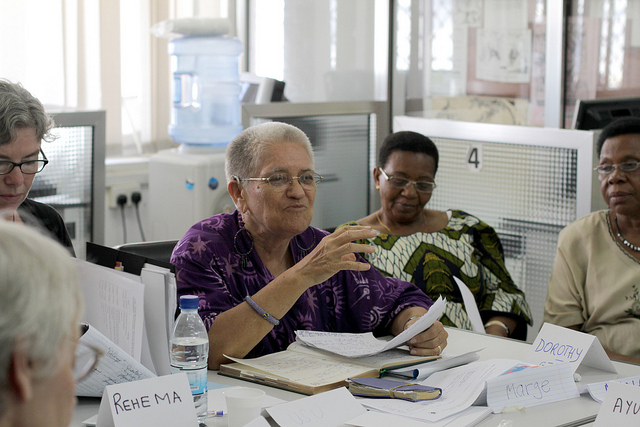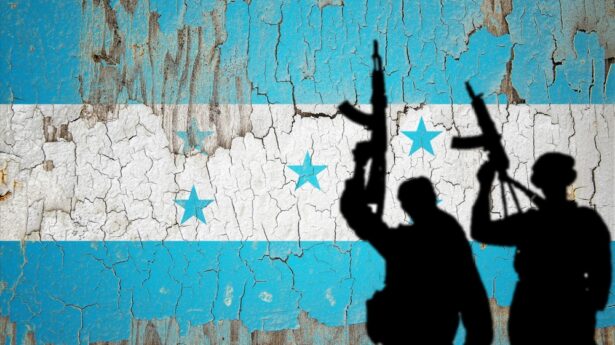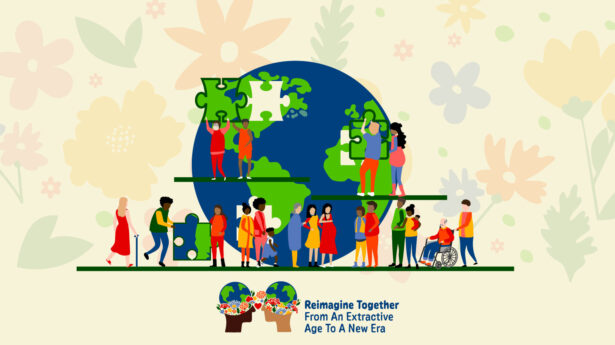The Unitarian Universalist Service Committee advances human rights through grassroots collaborations.
Partner Profile: Tanzania Gender Networking Program

July 2, 2014
Throughout the world, the daily task of gathering water frequently keeps girls and women from attending school and maintaining sustainable livelihoods. Not only that, it often subjects them to gender-based violence. The human right to water is truly a women’s issue. The Tanzania Gender Networking Program (TGNP), a UUSC partner since 2006, knows this all too well and has been working to ensure access to water — and a whole lot more.
As Usu Mallya of TGNP has said, “Most water finds its way to households on the woman’s head, and the patriarchal attitude of the society brings the perception that women will carry water.” Progress on Drinking Water and Sanitation: 2012 Update, a report by UNICEF and the World Health Organization, draws on a survey of 25 countries in sub-Saharan Africa that reveals women and girls are responsible for 71 percent of household water collection.1
Through TGNP, UUSC provided seed funding for the start-up of the Tanzania Water Network, which was formed in 2009 during TGNP’s Gender Festival and has worked over the years to empower women in organizing their communities around water issues. In 2013, UUSC celebrated with TGNP the successful inclusion of the human right to water in the draft of Tanzania’s constitution that is currently under discussion by the parliamentary commission formed to prepare the new constitution, which is expected to be adopted in 2014. Having this right enshrined in law will enable activists to hold government accountable for implementing solutions to water access issues.
TGNP’s plans don’t stop there, though. Since their founding in 1993, TGNP has had a big vision: “a transformed Tanzanian society where there is gender equality, equity, and social justice.” Through TGNP’s weekly Gender Development and Seminar Series (GDSS) and other programs, women are connecting, learning, and taking action on a variety of issues.
Chara Itoka, UUSC’s associate director for program and partner support, speaks to the exciting work that TGNP is up to: “Their work contributes to increased gender responsiveness of policy formulation and implementation in various sectors, including water. On a recent call, TGNP highlighted exciting work on gender equity in the political arena and gender mainstreaming during the constitutional review.”
Thanks in part to TGNP’s organizing efforts, the second round of Tanzania’s constitution includes nine articles related to gender equality, including the human right to water. To keep Tanzania moving on that trajectory, UUSC continues to partner with TGNP to support the GDSS program, grassroots activism, media engagement, civic education, public forums, and more. On the horizon for women in Tanzania: more access, more representation, more equality!
1 UNICEF and World Health Organization, Progress on Drinking Water and Sanitation: 2012 Update, accessed June 24, 2014, http://www.unicef.org/media/files/JMPreport2012.pdf, p. 31.

